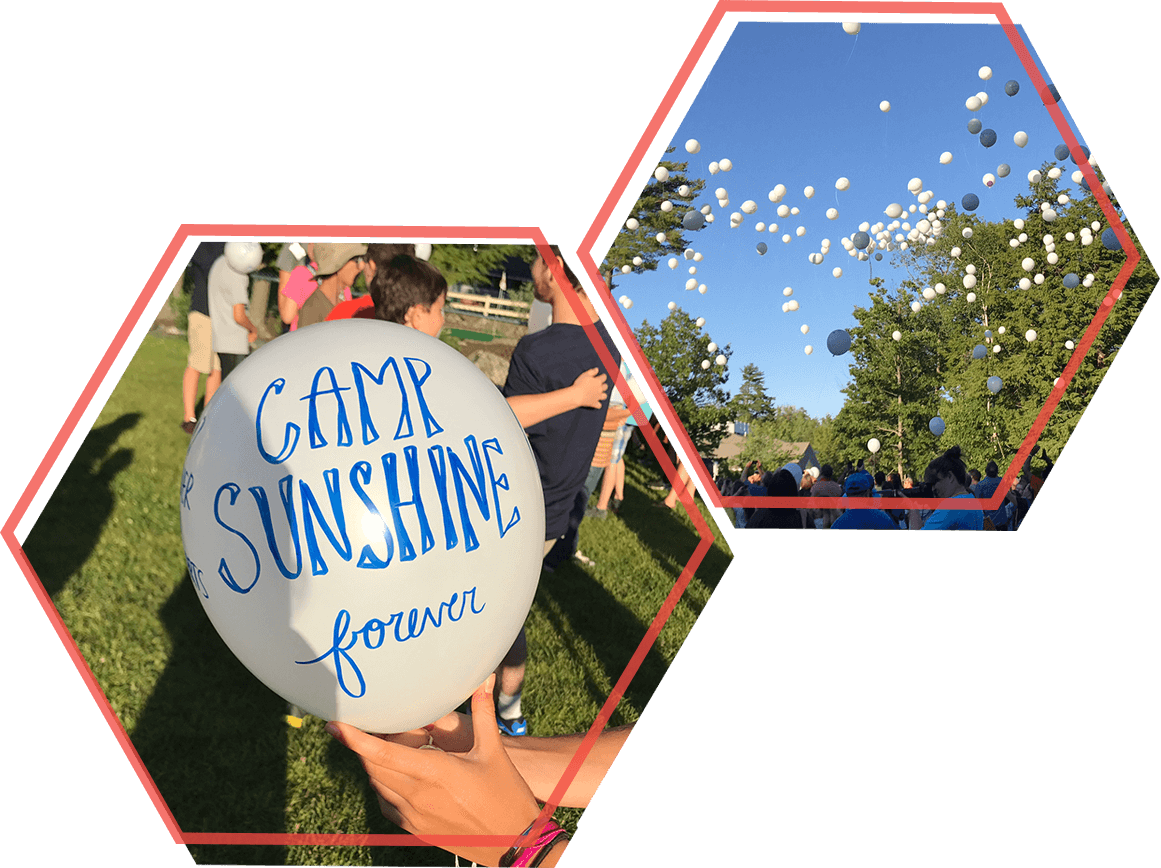Patients & Caregivers:
Fanconi Anemia Resources

FAQs about Rocket’s Gene Therapy Approach to FA
FA is a rare DNA repair disorder characterized by bone marrow failure (BMF), cancer predisposition, and congenital malformations. Approximately two-thirds of FA cases are caused by genetic defects in the FANCA gene, which results in the FA subtype known as FA Complementation Group A (FA-A).
Blood stem cells collected from an FA-A patient are genetically modified to introduce an intact copy of the FANCA gene using a virus that has been changed in the laboratory so that it cannot grow or spread to cause an infection. The genetically modified cells are then returned back into the patient.
FA-A patients who have not developed severe BMF, do not have a human leukocyte antigen (HLA)-matched sibling donor for bone marrow transplant, and are not receiving other experimental therapies. Enrollment for the Phase 1 & 2 clinical trials for FA-A are closed.
Before beginning the study, a patient needed to have several tests to determine whether he or she was eligible to join the trial. These tests can take up to 1 month to complete. After the doctors conducting the study confirm that a patient is eligible for the trial, participation in the study involved:
- Stem Cell Collection: Stem cells have the potential to make different blood cells in the body. Patients will receive medications that make stem cells in their bone marrow enter the blood, where they will be collected from the patient’s vein (most likely using a large, temporary catheter) during a procedure called apheresis.
- Infusion of Genetically Modified Stem Cells (the Investigational Gene Therapy): The patient’s stem cells will be genetically modified in a laboratory to introduce the intact copy of the FANCA gene. The patient will then receive an infusion of the genetically modified cells through the intravenous catheter. There is no conditioning chemotherapy before the infusion.
- Follow-up after Administration of the Investigational Gene Therapy: Patients will need to return for follow-up visits, including blood and bone marrow tests, over the next 3 years. In addition, patients will have long-term follow-up approximately 1-2 times per year for another 12 years.
Financial support, including travel arrangements and housing accommodations for patients and a family member, both for the treatment and follow-up visits, are provided.
- The Center for Definitive and Curative Medicine at Stanford University, California, USA
- Hospital Infantil Universitario Niño Jesús, Madrid, Spain
- University College London, Great Ormond Street Hospital for Children (UCL GOSH), London, UK
- University of Minnesota, Minnesota, USA
To read our Expanded Access statement, click here.
